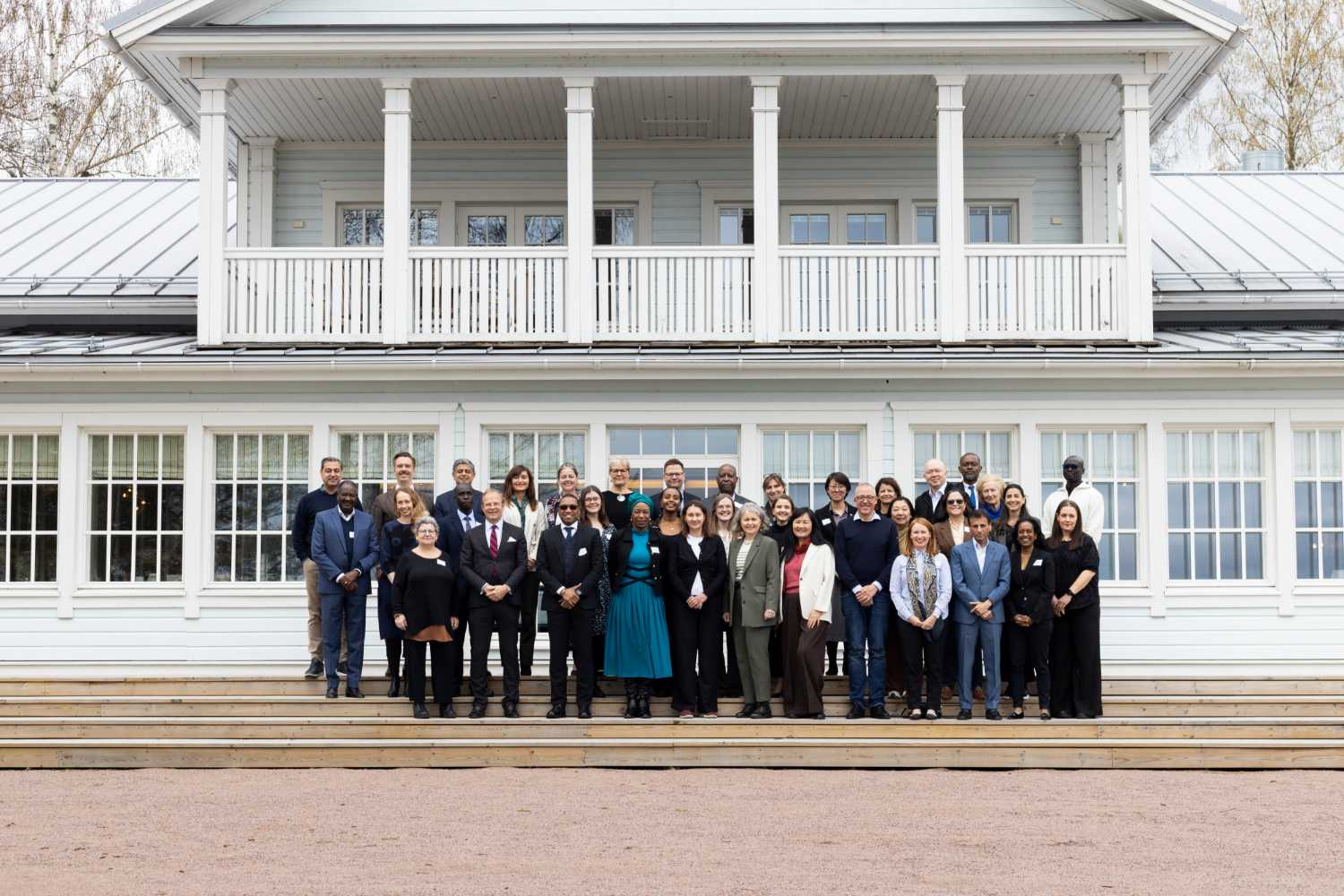
From 23 to 25 April 2025, over two dozen senior mediation envoys, practitioners, and researchers from around the world convened in Porvoo, Finland, for the 14th UN High-Level Seminar on Gender and Inclusive Mediation Strategies.
Co-organised by the UN Department of Political and Peacebuilding Affairs (UN DPPA), CMI – Martti Ahtisaari Peace Foundation, and the PRIO Centre on Gender, Peace and Security, the seminar provided a critical platform for sharing insights, strategies, and experiences aimed at integrating gender perspectives and promoting inclusive peace processes globally. The forum brought together representatives from conflict and post-conflict regions including Angola, Yemen, Ukraine, Colombia, and Sudan.
This year’s seminar unfolded amid an increasingly complex global peace and security environment, marked by the highest number of violent conflicts since World War II and a growing backlash against gender equality. These global developments underscore the urgency of inclusive mediation strategies and the protection and advancement of the Women, Peace and Security (WPS) agenda. Participants engaged in high-level discussions across a range of themes, including normative and policy frameworks for gender-responsive mediation, the role of Track II actors in formal peace processes, political participation of women, digital inclusion, and the integration of gender-relevant language and provisions in peace agreements.
PRIO’s Torunn L. Tryggestad and Júlia Palik contributed as resource persons in multiple sessions. One session, co-led by Torunn L. Tryggestad, explored the evolution of normative and policy frameworks informing gender and international peacemaking and the vital role of civil society organisations in advancing the WPS agenda. Júlia Palik co- led a session focused on gender-relevant provisions and language in peace agreements, with an emphasis on the inclusion of women and minors in disarmament, demobilisation, and reintegration (DDR) processes.
The seminar plays an important role in the implementation of the UN Secretary-General’s Common Pledge on Women’s Participation in Peace Processes, reaffirming a shared international commitment to ensuring women’s full, equal, and meaningful participation in peace processes.
Since its establishment in 2013, it has been organized every year, except between 2020 and 2021 when the Covid-19 pandemic occurred. It is financially supported by the governments of Norway and Finland.





